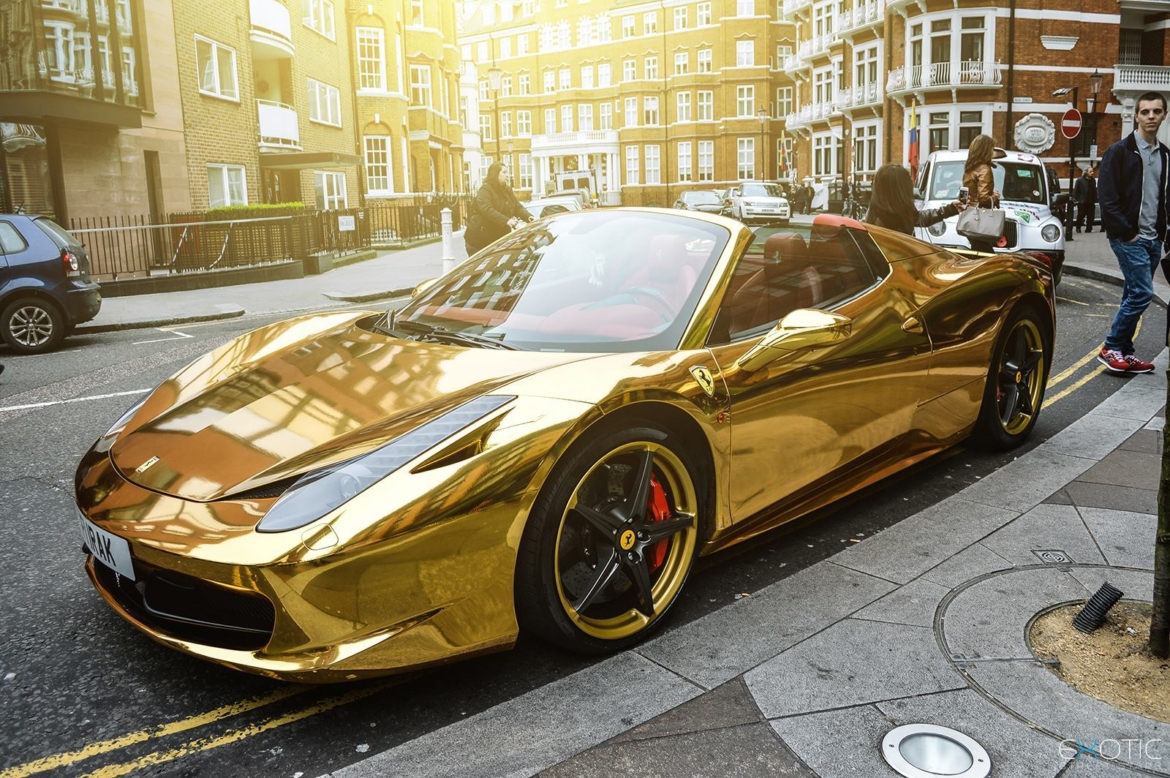When you’re paying millions for a Ferrari, you might think you can do whatever you want with it. Think again. The legendary Italian automaker has a history of showing even its most famous customers who’s boss when it comes to protecting its pristine image.
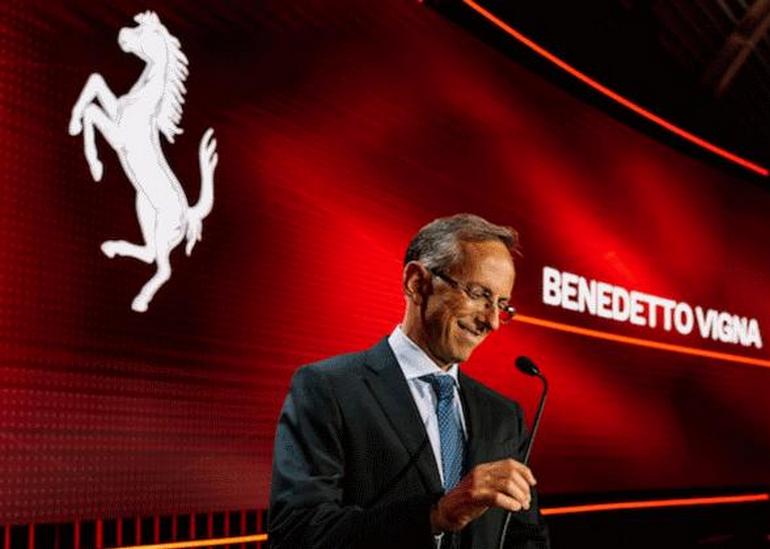
Now, Ferrari is drawing a fresh line in the sand, a report by The Times claims. CEO Benedetto Vigna has revealed plans to potentially restrict buyers’ color choices and customization options, as the company grapples with an surge of outlandish requests from ultra-wealthy clients. While custom designs drive significant profits – accounting for a fifth of Ferrari’s auto revenue last year – the brand is willing to put principles before profits.

The timing is particularly interesting given Ferrari’s latest high-profile addition: Sir Lewis Hamilton, F1’s most fashion-forward driver, known for his bold style choices both on and off the track. As Hamilton prepares for his first season with Ferrari, he might need to tone down his signature flair – at least when it comes to his company car.
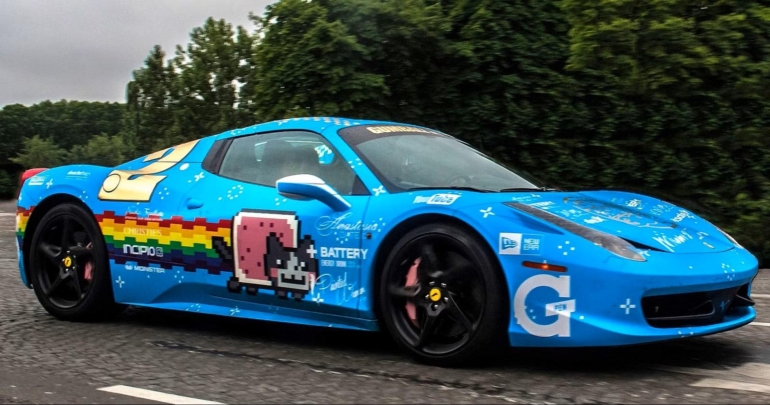
Just ask DJ Deadmau5. In 2014, the electronic music star learned the hard way that Ferrari doesn’t take kindly to unauthorized modifications. After wrapping his Ferrari 458 Italia with a playful Nyan Cat meme design (complete with a rainbow-trailing space cat), he promptly received a cease-and-desist letter from the company’s legal team. The message was clear: No one, not even a celebrity with millions of followers, gets to play fast and loose with Ferrari’s image.

This strict approach extends beyond just monitoring new sales. Ferrari keeps tabs on its vehicles even after they leave the showroom. Owners who dare to make unauthorized modifications risk being blacklisted from future purchases – a serious consequence in a world where getting on Ferrari’s buying list is already an exclusive privilege. Just ask Justin Bieber, who is famously banned by the Italian marque for violating the company’s guidelines by altering the appearance of his Ferrari 458 Italia. If that wasn’t enough, the singer even tried to auction the car without informing Ferrari.
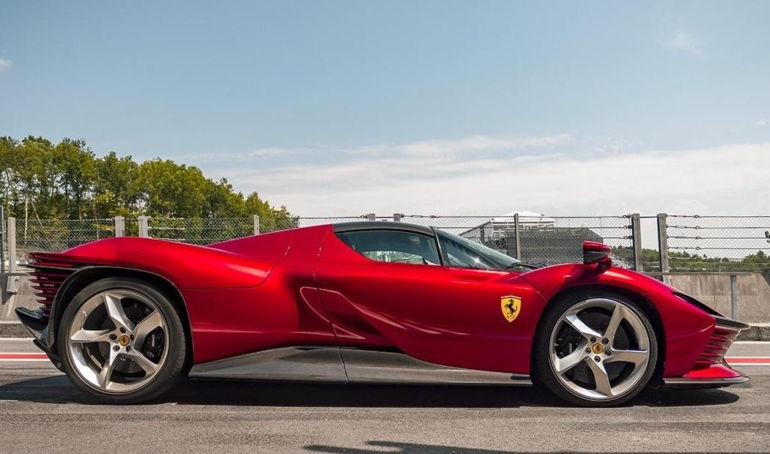
The company’s traditional Rosso Corsa red, once the choice of nearly every buyer, now adorns only 40% of new Ferraris. Pink is completely forbidden. And if you’re dreaming of wrapping your Ferrari in gold mirror finish or covering it in emoji stickers – popular choices among social media influencers and Middle Eastern buyers – you might want to think twice.

As Vigna explains it, protecting Ferrari’s identity isn’t just about preserving heritage – it’s also practical. Wild customizations can tank resale values, making modified Ferraris as difficult to sell as “a football shirt with someone else’s name on the back.”
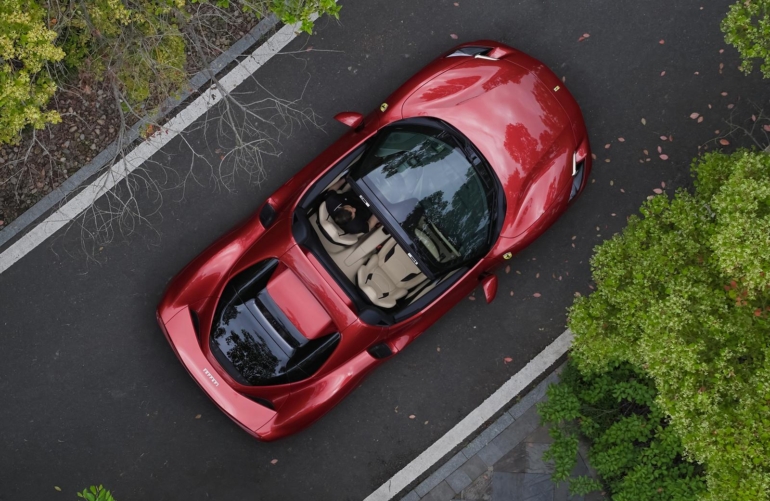
As the automaker prepares to unveil its first fully electric car this October, this renewed focus on brand control signals that while Ferrari is willing to embrace the future, it won’t let modern trends compromise its legendary status. In the age of social media and viral moments, Ferrari’s message remains consistent: You can buy our cars, but our legacy isn’t for sale.
